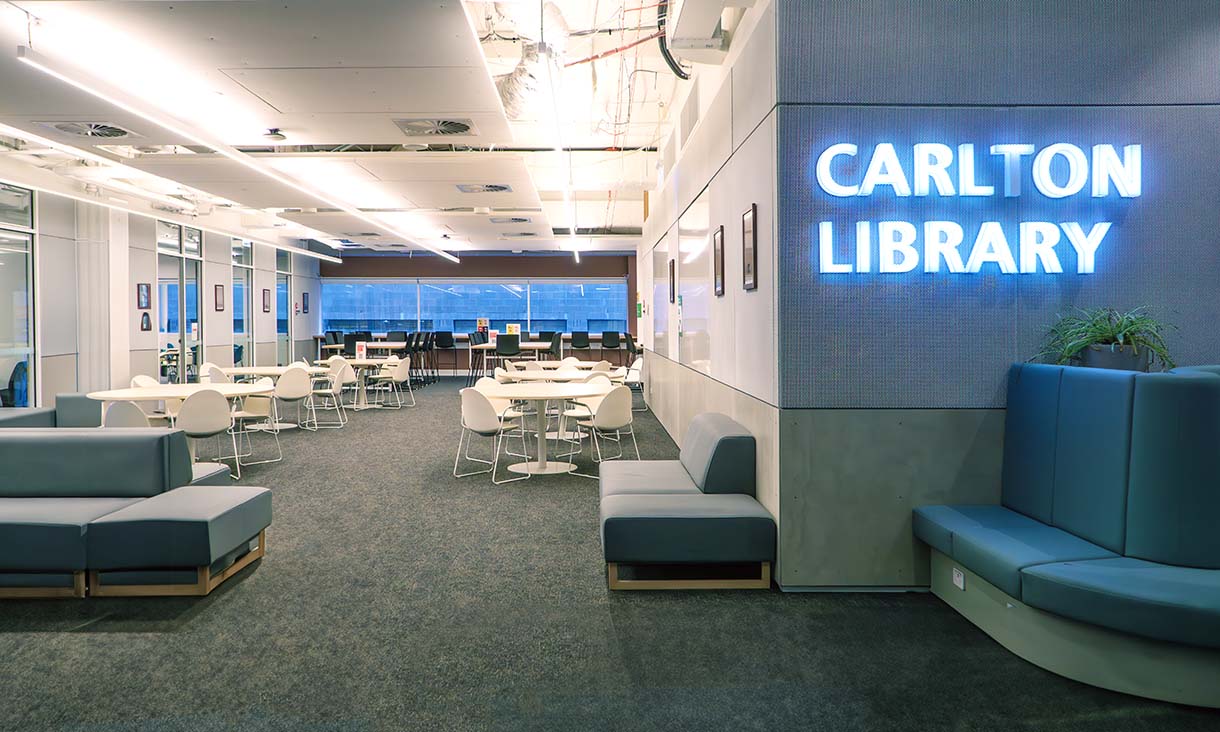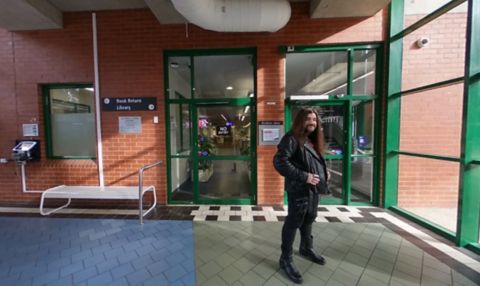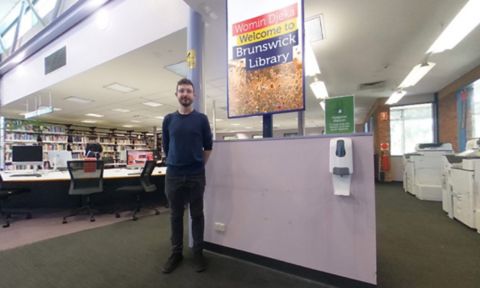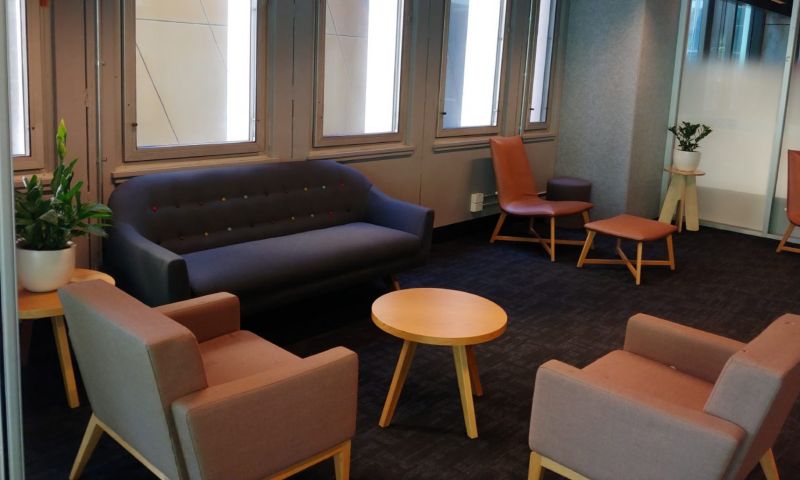Neurodiverse study sessions
Everyone has different needs and preferences when it comes to studying. Lately, the idea of ‘body doubling’, or working quietly with a small group of people around, has taken off – and for good reason. Studying alongside likeminded people offers the accountability and community that solo sessions can’t.
The Library, ELS and RUSU are excited to offer tailored study sessions in a sensory-friendly Library space. While the sessions are specifically designed to support neurodivergent students, everyone is welcome to join us and collaborate with fellow students who share similar goals.
Sessions run weekly at Bundoora and the City campuses throughout the semester. The full schedule is advertised in the events sections on the Library and Students websites.
Help with assessments
Our Study Support team can help with:
- research, writing, referencing, math, science and general study techniques
- questions relating to the neurodiverse study sessions and workshops.
Visit the Library support for students page for a full range of options on offer.
If you are uncertain how to get help, email our Study Support team on studysupport@rmit.edu.au.











